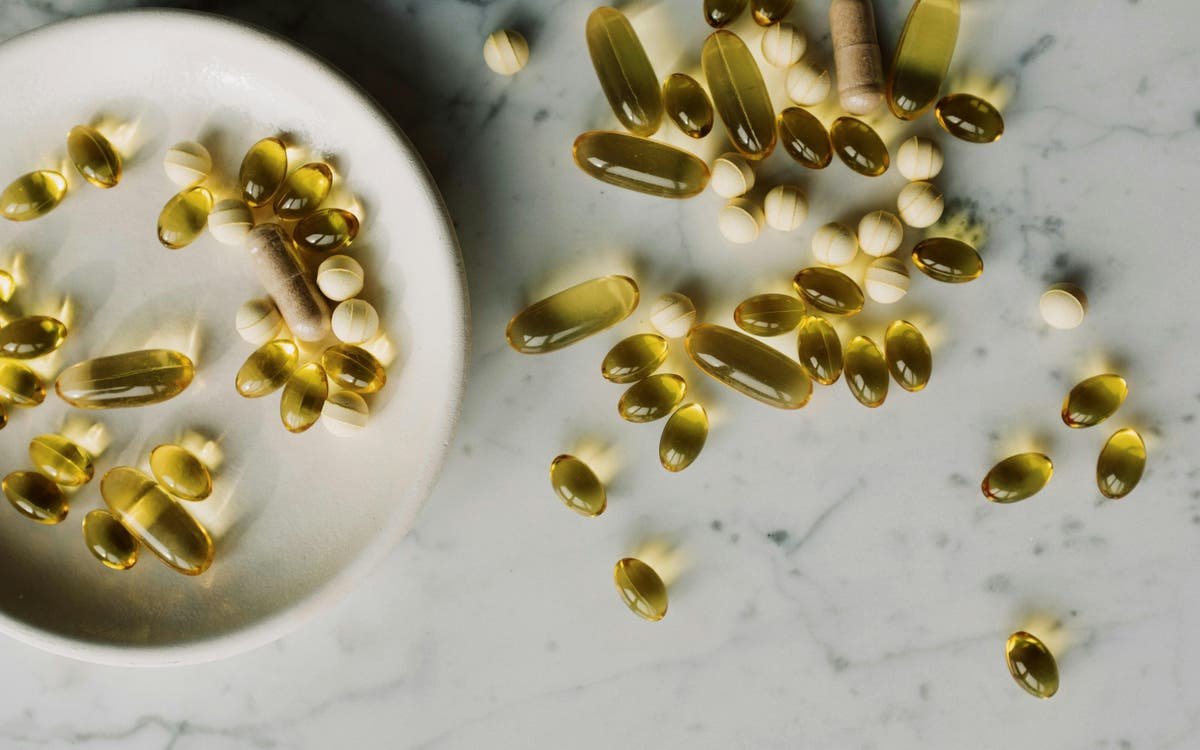
The dietary supplement market is booming.
According to data published by Mintel, the value of the vitamins and supplements industry in the UK is expected to rise by 25% between 2018 and 2023, reaching a staggering £568 million, and is predicted to grow by a further 10% by 2028.
As consumers, we’re more health conscious than ever before, but with so many new brands popping up and convincing marketing telling us that this vitamin or that nutrient is seriously lacking in our diets, how do we know where to start?
Plus, if you do find that you are in fact missing something, which brand can you trust to help you rectify that dietary lapse?
Mintel also reports that 40 percent of users have stopped taking supplements or reduced their purchases due to financial worries. With the cost of living crisis in mind, it’s more important than ever to ensure you’re getting value for your money, and you need to make sure the ingredients are free of harmful substances, fillers and undesirable elements.
To find out more about the world of supplements, which brands to look out for, and whether they’re worth the often-hefty price tag, we spoke to Eleanor Hawes, chief nutritionist and health expert at Healf.
Are supplements good for your health? Do they really work?
“Supplements play an important role in supporting the health and wellbeing of many people,” says Horse. “Some health conditions may benefit from additional nutrients that are difficult to obtain through diet alone, and recovery from certain health conditions may require supplementation with certain nutrients.”
While maintaining a balanced diet is paramount, “supplements can get you adequate levels of missing nutrients, such as vitamin D and iron, more quickly than natural sources like sun and red meat can,” she adds.
Additionally, nutrition experts explain: “Medications such as certain diuretics, statins, antidepressants and birth control pills can also deplete essential nutrients or interfere with the body’s production of important antioxidants. Supplements can help replenish and prevent deficiencies, especially for those who follow a plant-based diet. For example, if you’re following a vegan diet, it’s impossible to get healthy levels of vitamin B12 because it comes from the soil that animals eat. This particular nutrient is essential for neurological development and function.”
What should you look for when choosing a health supplement brand?
“Transparency, research, evidence,” she emphasizes. “A trusted supplement brand should be open and honest about their products, not hiding their provenance or information. Ingredients should be natural, active and optimized.”
“When looking for supplements to use with my clients and when reviewing Healf products, I always request scientific research papers to verify their effectiveness. Additionally, some supplements incorporate technology to enhance absorption, such as liposomal technology.”
What should you avoid in health supplement brands?
“Ingredients should not contain additives, binders or fillers, as these not only detract from the nutritional quality but can also offset the benefits of using them in the first place,” Hoose reveals.
Are supplements worth it?
When consumers are spending double or even triple digit amounts on supplements, it makes sense they want to be sure they’re getting the health benefits they offer. First and foremost, Horse says, “a good diet should always be the foundation of good health.” But with this in mind, he explains, supplements are worthwhile for three reasons:
- Supplements provide essential nutrients, fill dietary deficiencies and help improve an individual’s overall health.
- When implementing lifestyle changes as a direct approach to a health condition or symptom, certain nutrients may need to be consumed in particularly high doses to have a therapeutic effect.
- Others just can’t get enough of them without supplementation. C:15 is a great example: new research shows that this acid is deficient in modern life, and supplementation can help maintain healthy levels.
Can supplements cause health problems?
Although these food additives are typically taken for health benefits, taking too much can do more harm than good, so be sure to read the product instructions.
Horse acknowledges this, saying, “Some supplements can cause undesirable symptoms if taken in excess, particularly fat-soluble vitamins, but this should be clearly stated on the PDP/product packaging.”
She stresses the importance of “being aware of nutrient interactions if you are taking medications and always reading the product instructions and following the recommended dosage and any additional instructions.”
The nutrition expert concludes: “At Healf, we encourage our community to focus on their own personal journey, rather than getting caught up in the noise of the industry. Listening to and understanding your own body is key. Additionally, utilizing personalized testing, such as blood and functional testing, is a great way to know exactly what your body needs and is suited to.”
Shop these popular health supplement brands

